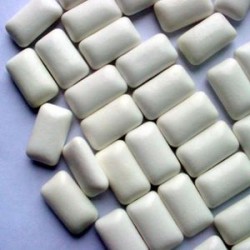 Chewing gum can be good for your teeth. It also can be bad for your teeth and your jaw joint. Chewing gum will stimulate saliva, which is the major natural defense your teeth have against cavities.
Chewing gum can be good for your teeth. It also can be bad for your teeth and your jaw joint. Chewing gum will stimulate saliva, which is the major natural defense your teeth have against cavities.
There are two rules that I have for chewing gum. Two and a half, really. They are simple and they are to be followed. Failure to follow them may cause this Saginaw dentist to hunt you down, call you silly names and revoke your license to chew.
- Chew sugarless gum. Preferably containing xylitol. There are so many foods and drinks that have an insane amount of sugar in them and many of these don’t have good sugarless options. There are a ton of really good sugarless gums. They’ll stimulate saliva flow after meals and make your mouth feel fresh but they don’t give cavity bugs anything to eat. Win-win.
- Chew for 5 minutes or when the flavor is gone, whichever is shorter. The hard core gum chewers hate this. Your jaw joints suffer wear and tear like any other joints. I recommend that you don’t overuse them. I would compare gum chewing all day long with cracking your knuckles. It’s a kind of nervous habit. My evidence is completely anecdotal, but patients that are heavy gum chewers often have a “jaw pop.” It doesn’t necessarily lead to problems or pathology, but it can be annoying. So don’t chew too long.
2.5. If you have braces or an orthodontic appliance, don’t chew gum.
These are the rules. You know the consequences. Chew wisely.
Questions? Comments? Do hard core gum chewers want to send me angry emails? Email me at: alan@meadfamilydental.com. I return all of my own email and would be happy to answer questions!

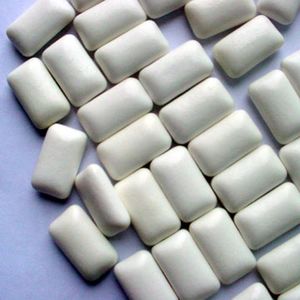
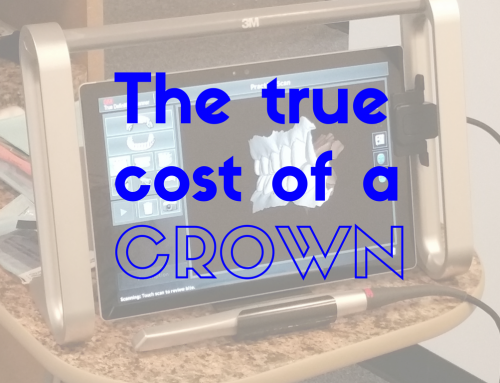
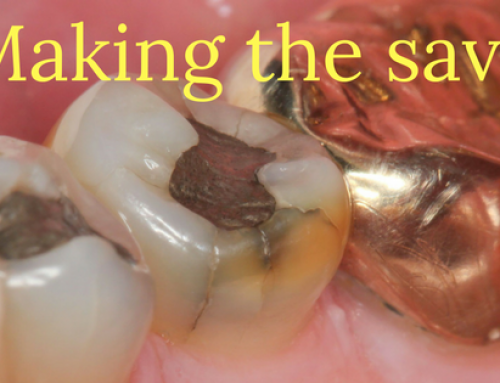
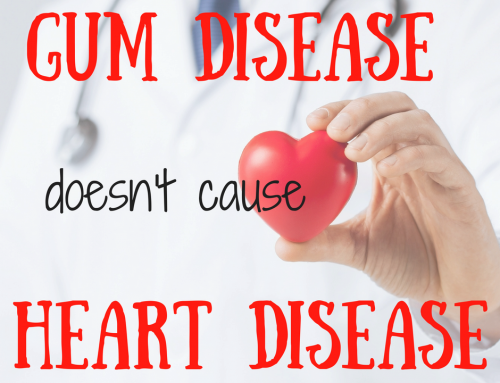
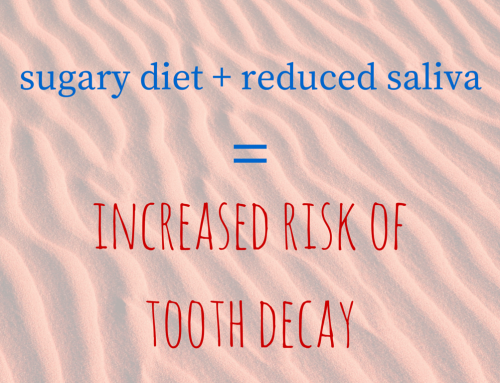
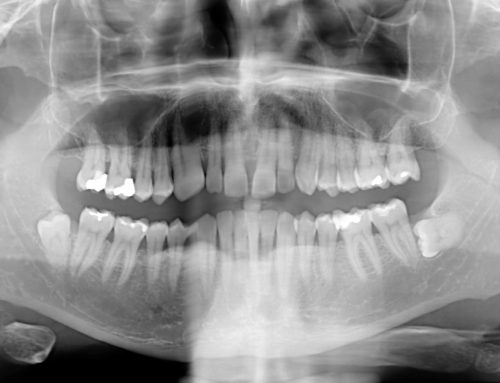
I chew bubble gum every time I finish smoking and eating spicy food. Honestly, chewing gums are truly helpful in reducing the odor in your mouth. But for me, flossing and brushing are still important. According to my dentist, flossing and brushing your teeth protects your mouth from bad bacteria and germs.